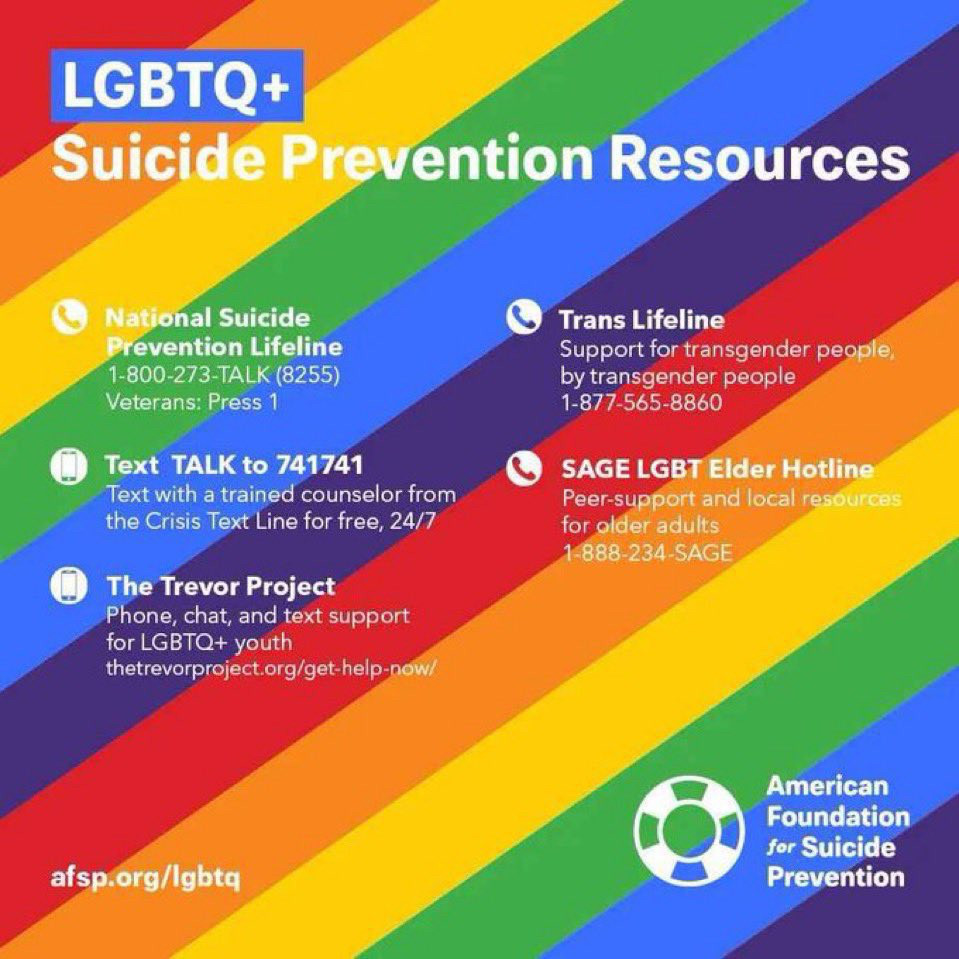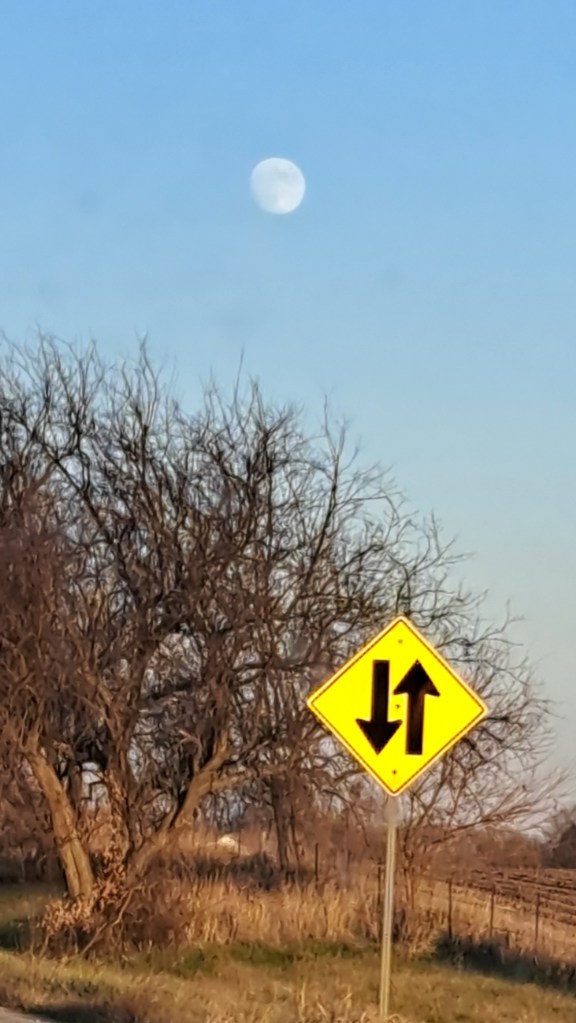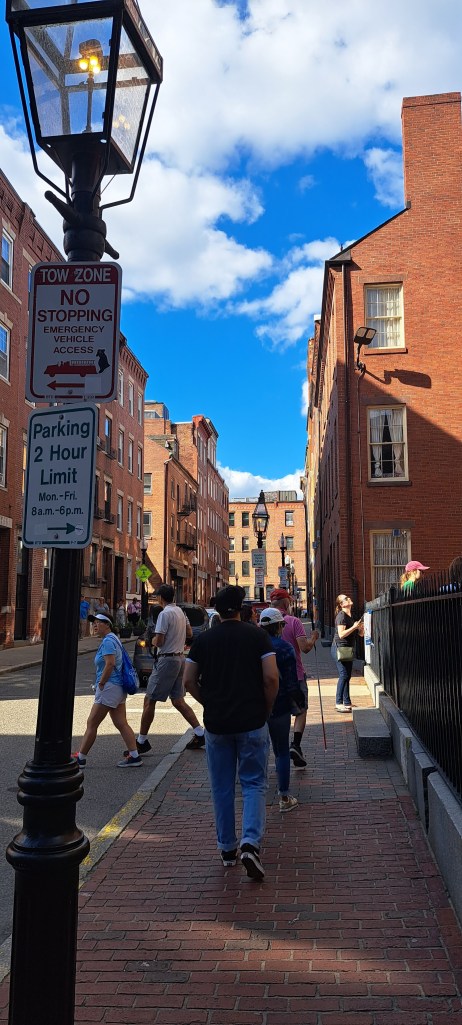The year I turned five, my parents took me to Camp Dachau. It is one of the foundational memories of my childhood. My parents were in their early twenties, living in West Germany as my dad served in the military. They grew up in Detroit and the surrounding area in the 1960s, and they were determined that their children would know that evil at the hands of other humans was real. Of all the lessons I took with me from childhood, the one that humans would kill others in the name Christian Nationalism was the most enduring. I learned about the Civil Rights Movement, the Holocaust, the genocide of the Indigenous people of North America, and the fight for Women’s Rights before I learned how to do two digit addition and write in cursive.
My parents did not sit me down and have long historical lectures. Instead, they introduced me to people who shared their stories, they read me books, handed me books once I could read, took me to historical sites and read me the information plaques, and answered my questions. They were young parents, they had me as teenagers, but they were determined to raise children who recognized that evil was real, that my white skin would keep me safe in ways it would never keep our friends safe, and that it was my responsibility to never forget the evil we humans have committed against each other, so that I could help stop it from repeating.
The day we visited Camp Dachau is clear in my memories. I remember walking on the road of headstones, I remember the sun shining, the birds singing, the holy silence, and I remember the ovens. I remember standing next to the ovens, feeling a deep sadness sink into my bones, feeling sick to my stomach, and then asking questions. I remember my parents looking at each other, then looking at me, and in solemn tones explaining to me that those ovens were used to kill people.
I have never forgotten that day.
I have also never forgotten my parents explaining to me that the world made a pledge, that our country, the one my dad was serving as a soldier, made a pledge that we would never forget what happened and never again would we allow that kind of evil to happen. I believed them, I was a kid after all.
As an adult, I have learned of other genocides that I have been powerless to prevent or stop. I have watched our world leaders choose power and wealth over working toward peace and justice. I have wondered if we humans are really working toward our better selves. I have wondered, I have lamented, I have repented, and I have worked for a better world.
I also continued to believe what my parents told me, “never forget, never again.” I have repeated this to myself in many moments of despair. I have remembered my parents standing there with me at those ovens, and trusting that they would never allow something that awful to happen again. I was a kid after all.
We live in a world that seems determined to forget and repeat what we promised to never forget and never repeat. We live in a world that is punishing those of us speaking out against the forces of evil. We live in a world that is requiring us to stand up and make a choice. We can either be the ones standing in front of the ovens fighting back, or we can be the people shoving others into the ovens. I understood that as a child, and I understand it now.
I remain hopeful that I have not believed a lie, that it is bedrock truth we will collectively never forget and never repeat the evil we have done to each other. Today, though, it feels more like this is a lie I have believed, instead of a hope I have held tightly.
It makes me wonder what my young parents would have said to me if they knew this day was coming. I hold on to the belief that they would have said the same, done the same, and worked harder at teaching me how to change the world for the better.
I refuse to give up or give in. I choose to honor the memory of those who have come before me, and work to resist the powers of evil that would ignore the world’s promise of never forget, never again. I hope you can choose that too, because we are needed to oppose the forces of evil that would destroy us.









You must be logged in to post a comment.